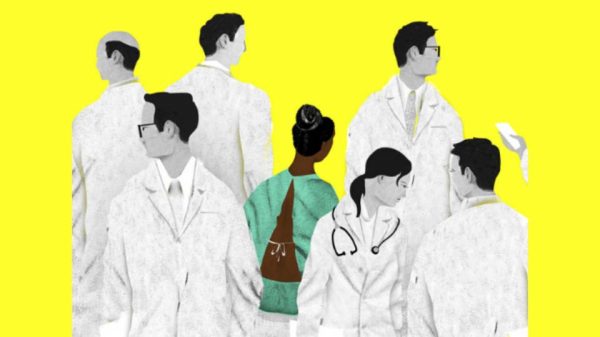Mental health conditions are hugely common, and the widespread nature of their impacts on UK citizens is only now being fully understood by said citizens – thanks, in no small part, to the continued destigmatisation of mental illness. Amongst the most common types of mental illness is anxiety, a feeling that practically every one of us has felt at some point or another.
Anxiety disorders can occur as a result of various different causes, and can be either acute or chronic in nature. Generalised Anxiety Disorder is a chronic condition, and one often linked to depression in those that receive a GAD diagnosis. Anxiety can also result from exposure to a traumatic event – but what does this look like, and how can someone with such a condition manage their anxiety?
Recognising Common Reactions to Trauma
Traumatic events can have untold consequences for mental and physical health, with a great many different symptoms and impacts revealing themselves in the short- and long-term aftermath. A car accident, however small, can be a traumatic event for its suddenness, unpredictability and sensory impacts.
In the immediate aftermath, shock is a standard response (even if not a standard ‘feeling’); you can expect cold skin, shuddering sensations and a peculiar numbness, which eventually gives way to either an adrenaline spike or a crash. Knowing this can help steady your come-down, and give you more structure as you come to cope with the longer-term impacts of such an experience.
Seeking Professional Support
Whatever the cause for the traumatic event that impacted you, professional support is vital. While there are proven methods for managing anxiety at home, it can be easy to fall into bad habits; it would be far more appropriate to seek professional resources for tailored strategies and therapeutic interventions to address trauma-induced anxiety.
To return to the car accident example, there are also opportunities for you to utilise professional assistance in claiming compensation.
Implementing Self-Care and Relaxation Techniques
As for at-home practice, it can be extremely helpful for you to set the stage for engaging in self-care practices. This can be as simple as investing in calming products like candles and scents to create a controlled, harmonious home environment, and as involved as learning to practice mindfulness as part of a structured daily routine. Deep breathing exercises and meditation can work together to reduce anxiety levels post-trauma.
Building a Support Network
Last but by no means least, it would benefit you hugely to reach out to a wider support network for assistance in the weeks and months after a traumatic experience. Being able to lean on friends and family is truly invaluable, and can enable you the mental space to process your experiences and let go of anxiety. Even if it’s something small like having a friend help you clean your house, the gesture can be enough to lift you up and restore trust in yourself and your environment.

































































